
Energy has always been a hot topic and with good reason. Historically, access and production of energy has been vital for economic development. But with the increasing threat of climate change, our relationship with energy has been changing. It is important that we focus on our relationship with energy and the symbolic value we have placed on certain types of energy in order to move forward.
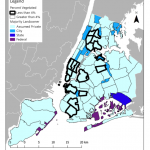
These areas can be publicly or privately owned, which often affects public accessibility. The Nature Conservancy’s New York City Program is working on putting together a cohesive data set of open space and land ownership in the city in order to assess which entities the Conservancy must work with to promote increased public access to open space.
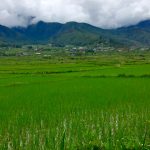
This summer, I have been working at the Center for Climate Systems Research (CCSR) on the Adaptation for Development and Conservation (ADVANCE) Partnership—a joint program of CCSR at Columbia University and the World Wildlife Fund (WWF). The ADVANCE approach is a method of co-generating climate change information through working with stakeholders and decision-makers from a wide range of backgrounds.

Climate change is real and so are its impacts. That’s why 195 nations from around the world came together last December to sign the Paris Agreement. This marks the first global agreement aimed at keeping the global average temperature increase below 2°C.
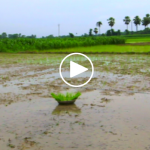
Seeing is believing, literally. Videos can help provide female farmers improve agriculture gains in low income countries.
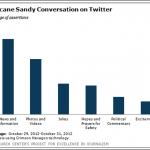
Social media is starting to serve as a new platform for both authorities and citizens to communicate during natural disasters. But there are also open questions with this new form of social media use. What is this communication like? Where are its weak points? And can it become more reliable and standardized?
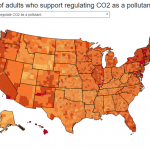
Geoengineering is a term that climate aficionados and anyone with an opinion on environmental issues tends to perceive with apprehension and mistrust due to the ambiguous, potentially dangerous side effects of manipulating natural processes of the environment.
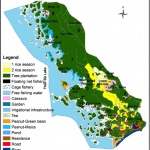
Vietnam is one of the most vulnerable countries to climate change in the entire world. From sea level rise to saltwater intrusion to flooding to drought, the impacts are numerous and will likely be severe.
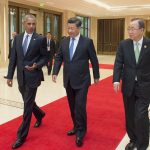
With the European Union’s ratification of the Paris Agreement on October 5, the document reflecting worldwide effort on climate change will be legally binding next month.
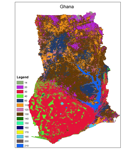
Have you ever used GIS to analyze data? GIS — short for Geographic Information System — is a mapping tool that be used to turn datasets into useful information.













